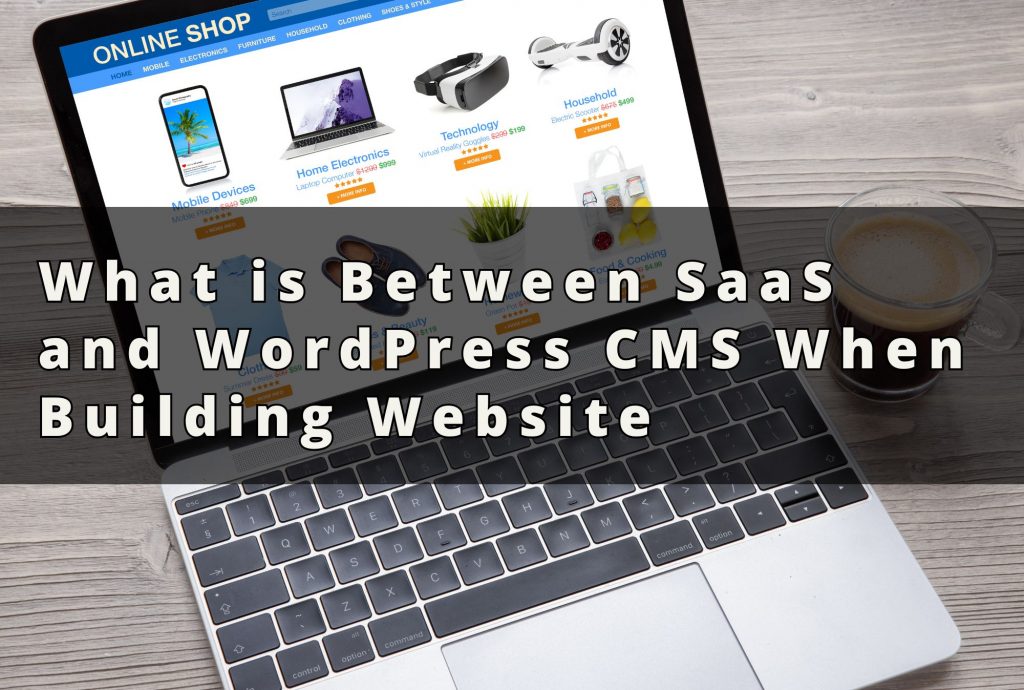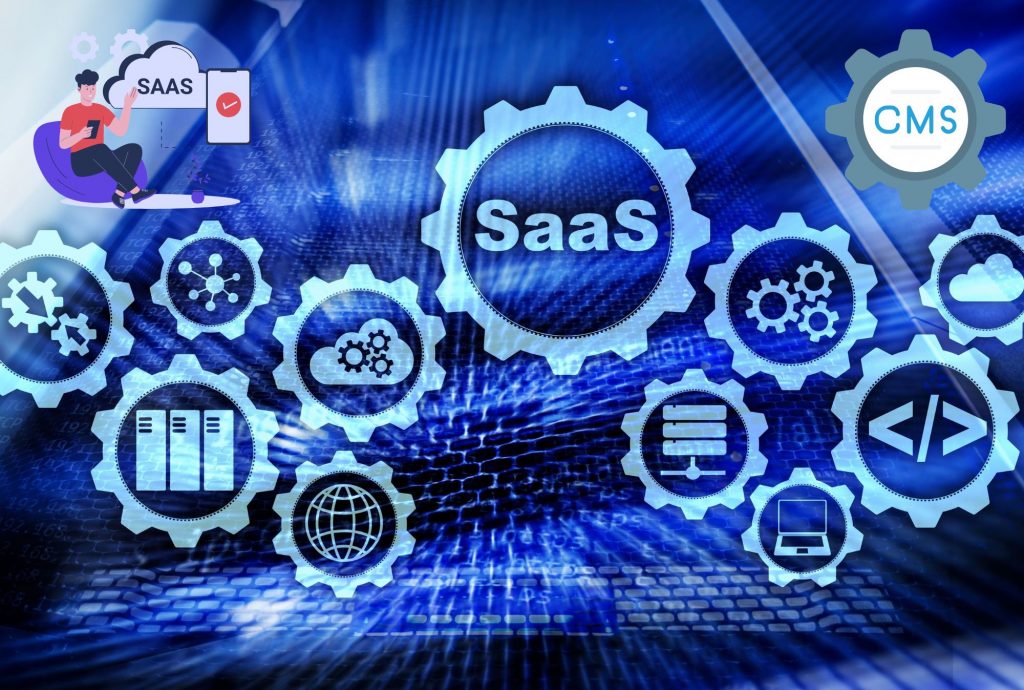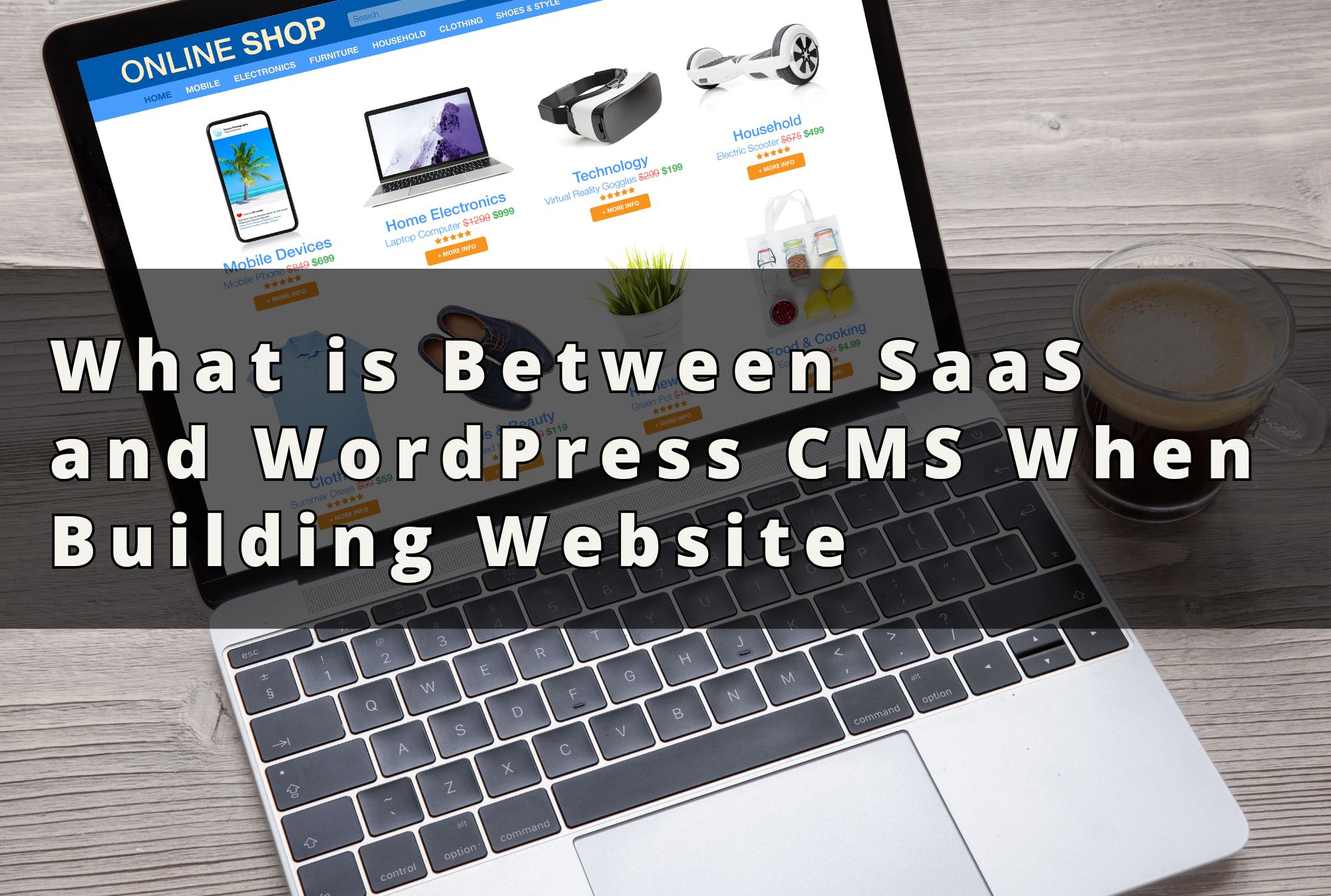Why Every Business Needs to Build Website
In today’s digital-first economy, having an independent corporate website is no longer optional—it’s essential. Whether you’re a manufacturer aiming to reach overseas markets, or a startup looking to build a brand identity, an independent site empowers you to:
- Build and manage your brand image
- Control user experience and conversion flow
- Own and analyze customer data
- Avoid platform commissions and restrictions
However, the first challenge many businesses face is:
“Should I use a SaaS website builder or develop a WordPress CMS website?”
This article aims to explain these two options, comparing their advantages, disadvantages, and which businesses they suit best.
If you are considering finding a company to build or promote your website / 独立站搭建或推广 , you can contact us and learn about our pricing plan.

What is a SaaS Website Builder?
SaaS (Software as a Service) website builders are platforms where third-party providers host and maintain the entire infrastructure for you. Businesses can subscribe to use the platform’s tools (like product catalog, payment, shipping integration) for a monthly or annual fee.
Popular SaaS Platforms:
- Shopify (focused on e-commerce)
- Wix (known for design flexibility)
- Squarespace (ideal for branding websites)
- Weebly, BigCommerce, Shopline (popular in Asia)
SaaS Key Features:
- ✅ Fast launch – pre-built templates, plug-and-play
- ✅ No server management needed – handled by provider
- ✅ <strong”>Low technical barrier – drag-and-drop interfaces
- ❌ Limited customization – rigid structure, paid add-ons
- ❌ Long-term cost adds up – monthly fees + plugin costs
- ❌ Limited SEO flexibility – restricted access to code and URL structures
What is WordPress CMS?
WordPress CMS (Content Management System) is the world’s most popular open-source web platform. Businesses can host the system on their own or via a third-party host, giving them full control over the site’s structure, content, and features.
WordPress Key Features:
- ✅ Full ownership – You control your site, content, and data
- ✅ Highly customizable – Thousands of themes and plugins
- ✅ SEO-friendly – Complete access to metadata, URLs, code
- ✅ Ideal for content marketing and brand building
- ❌ Requires some technical setup – server, backup, security
- ❌ Higher upfront effort – longer setup time
Relate Post : WordPress CMS Easy to Learn ? 5 WordPress Plugins Recommend

SaaS vs WordPress CMS: Feature Comparison Table
Feature |
SaaS Website Builder |
WordPress CMS |
|---|---|---|
| Setup Difficulty | Low (drag-and-drop) | Medium (server + config needed) |
| Customization | Limited | Extensive |
| SEO Control | Moderate | High |
| Site Ownership | Partial | Full |
| Best for | Startups without IT teams | Brands focused on long-term growth |
| Cost Structure | Ongoing fees + add-ons | Higher upfront, lower long-term |
| Availability in China | May be blocked | >Can host locally or configure regionally |
- 🧵 Personal brands / light eCommerce startups: Start with SaaS for quick testing
- 🏭 Export factories / B2B manufacturers: Use WordPress for multilingual SEO and control
- 👨💼 Professional services / law / consultancy: WordPress helps with content marketing and lead gen
- 🛍 Fast-growing product startups: Consider Shopify + WordPress blog combo
Conclusion: Ask These 3 Questions Before Choosing
- Is this website for short-term promotion or long-term brand growth?
- Do you have IT support or a budget to hire developers?
- Do you plan to integrate CRM, logistics, or membership systems?
Relate Post : How to Website Optimize on Google, Baidu, and Bing
If you value brand independence, long-term performance on SEO Hong Kong, and customer data ownership, then WordPress CMS is your ideal choice.
If you want speed and ease to test your market or MVP, then a SaaS platform is a good starting point.












